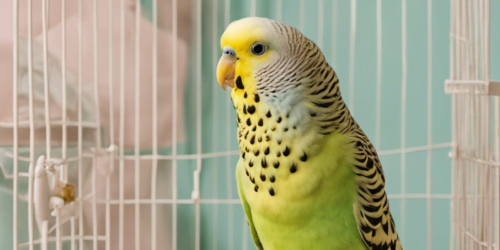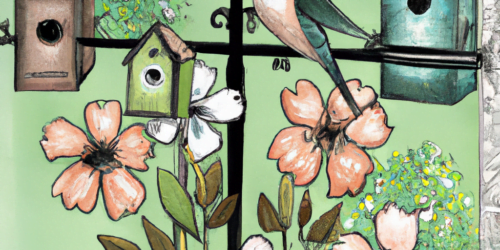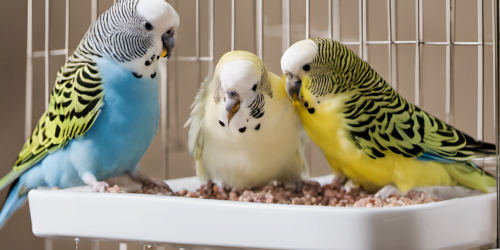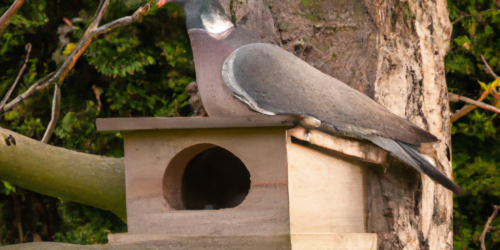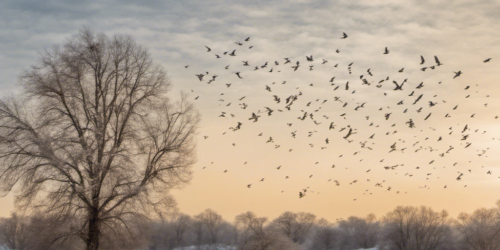Should Birds Eat Rice? A Comprehensive Guide
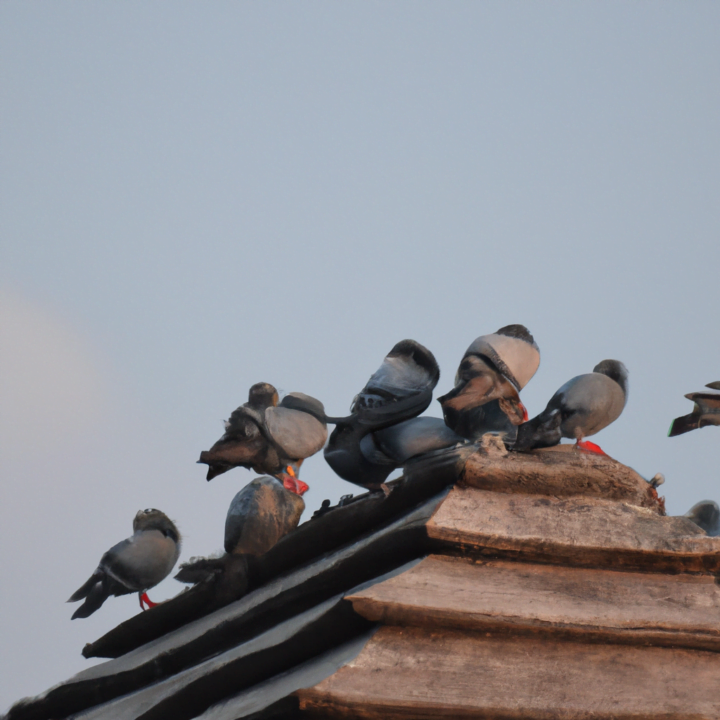
Should Birds Eat Rice? A Comprehensive Guide
Table Of Contents
When it comes to feeding birds in your backyard, you may wonder, should birds eat rice? This question has sparked various opinions and debates among bird enthusiasts. In this article, we will explore the topic in-depth, providing you with clear, easy-to-understand answers to help you make informed decisions about feeding your feathered friends.
Understanding Bird Diets
Birds have diverse diets, depending on their species, habitat, and natural food sources. While some birds are seed eaters, others may consume insects, fruits, or nectar. Offering the right foods can attract different types of birds to your yard and keep them healthy. But where does rice fit into this equation?
Can Birds Eat Rice?
The short answer is yes; birds can eat rice. However, there are important nuances to consider. Rice can be an occasional treat for birds, but it should not be their primary food source. Here are some key points to understand:
- Types of Rice: Both cooked and uncooked rice are safe for birds. However, cooked rice is often easier for them to digest.
- Portion Control: While rice is not harmful, it should only be given in moderation. Too much rice can lead to an imbalanced diet.
- Species Variation: Different bird species have varying dietary needs. Some birds might enjoy rice more than others.
Benefits of Feeding Rice to Birds
Feeding rice to birds can offer some benefits, especially when you use it as part of a balanced diet. Here are a few advantages:
- Energy Source: Rice is a good source of carbohydrates, providing birds with energy for their daily activities.
- Attracting Birds: Offering rice can attract various birds to your yard, including sparrows, pigeons, and doves.
- Variety in Diet: Adding rice to their diet can introduce variety, making mealtimes more interesting for birds.
Potential Concerns about Feeding Rice
Despite the benefits, there are some concerns associated with feeding rice to birds:
- Uncooked Rice Myths: One common myth is that uncooked rice can expand in birds’ stomachs and harm them. This is not true. Birds have strong digestive systems that can handle uncooked rice.
- Imbalance: Feeding too much rice can lead to an unbalanced diet. Always complement rice with other food sources like seeds, fruits, and insects.
- Environmental Impact: In some regions, feeding large quantities of rice can lead to an unnatural increase in bird populations, which may have ecological consequences.
How to Feed Rice to Birds
If you’ve decided to include rice in your bird feeding routine, here are some tips:
- Cooked Rice: Offer plain, cooked rice without any seasonings or additives. Avoid butter, salt, or other ingredients that could be harmful.
- Uncooked Rice: You can scatter uncooked rice on the ground or in bird feeders. It’s a good idea to mix it with seeds to create a balanced offering.
- Combine with Other Foods: Mix rice with other bird-friendly foods, such as sunflower seeds, nuts, or dried fruits, to provide a well-rounded diet.
Other Foods That Birds Can Eat
While rice can be a fun addition to a bird’s diet, it’s essential to know what other foods are safe and healthy for them. Here are some popular options:
- Seeds: Sunflower seeds, millet, and safflower seeds are favorites among many birds.
- Fruits: Fresh fruits, such as apples, berries, and bananas, can be a treat for birds.
- Nuts: Unsalted peanuts and other nuts can provide protein and healthy fats.
- Insects: Many birds thrive on insects, especially during breeding season when they need extra protein.
Conclusion
So, should birds eat rice? Yes, they can, but it should be offered in moderation as part of a varied diet. By understanding the dietary needs of different bird species and providing a balanced selection of foods, you can create a welcoming environment for birds in your yard. Remember that rice can be a delightful treat, but it should never replace the nutritious foods that birds need to thrive.
In summary, enjoy watching the birds flock to your feeder, and feel free to sprinkle some rice among their favorite seeds. With the right approach, you can contribute positively to their diets while enjoying the beauty of nature right outside your window.
